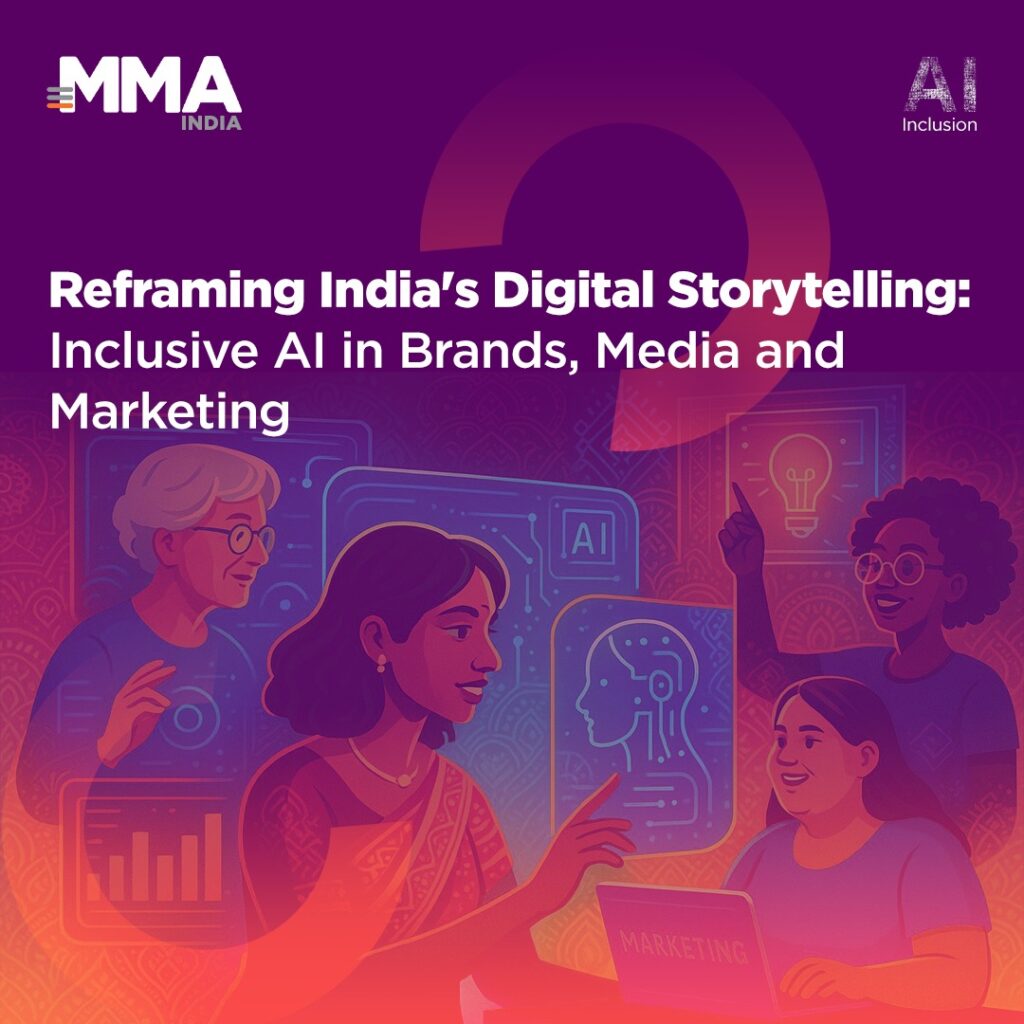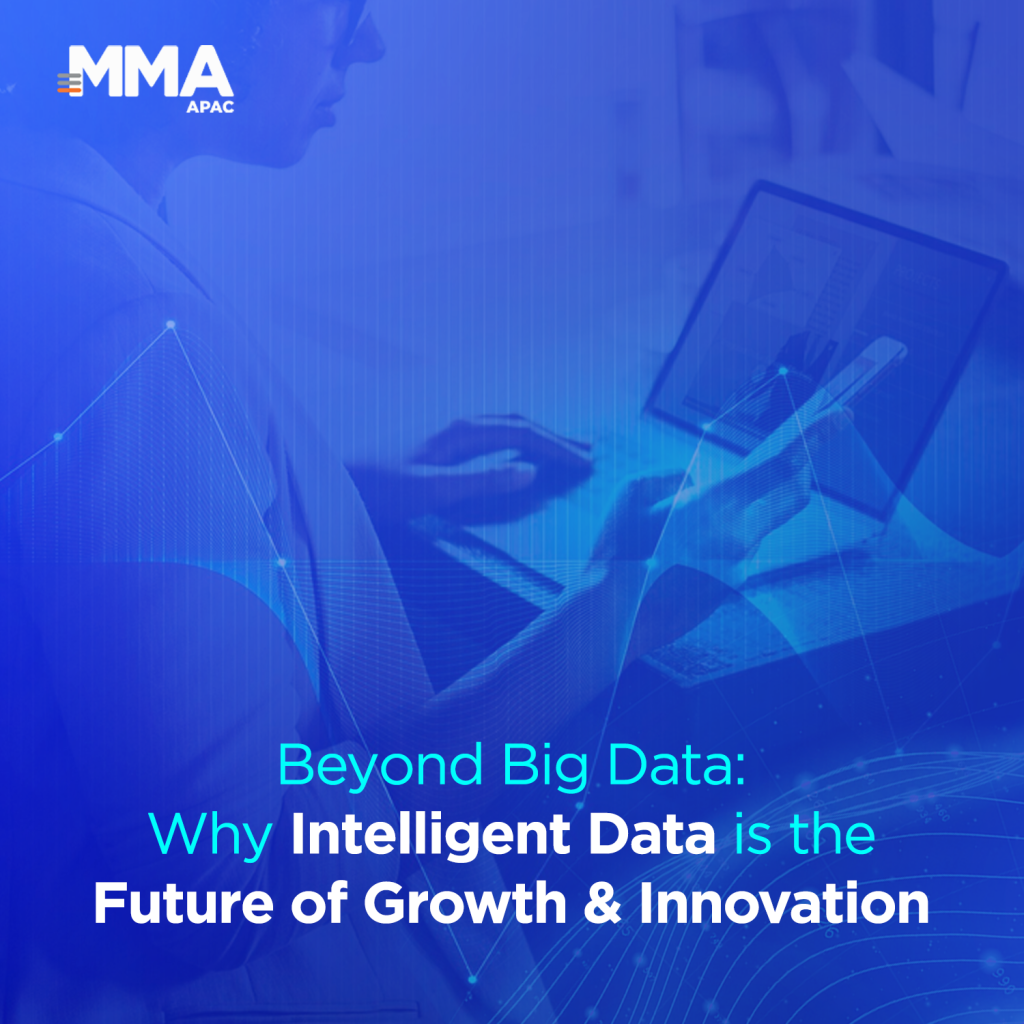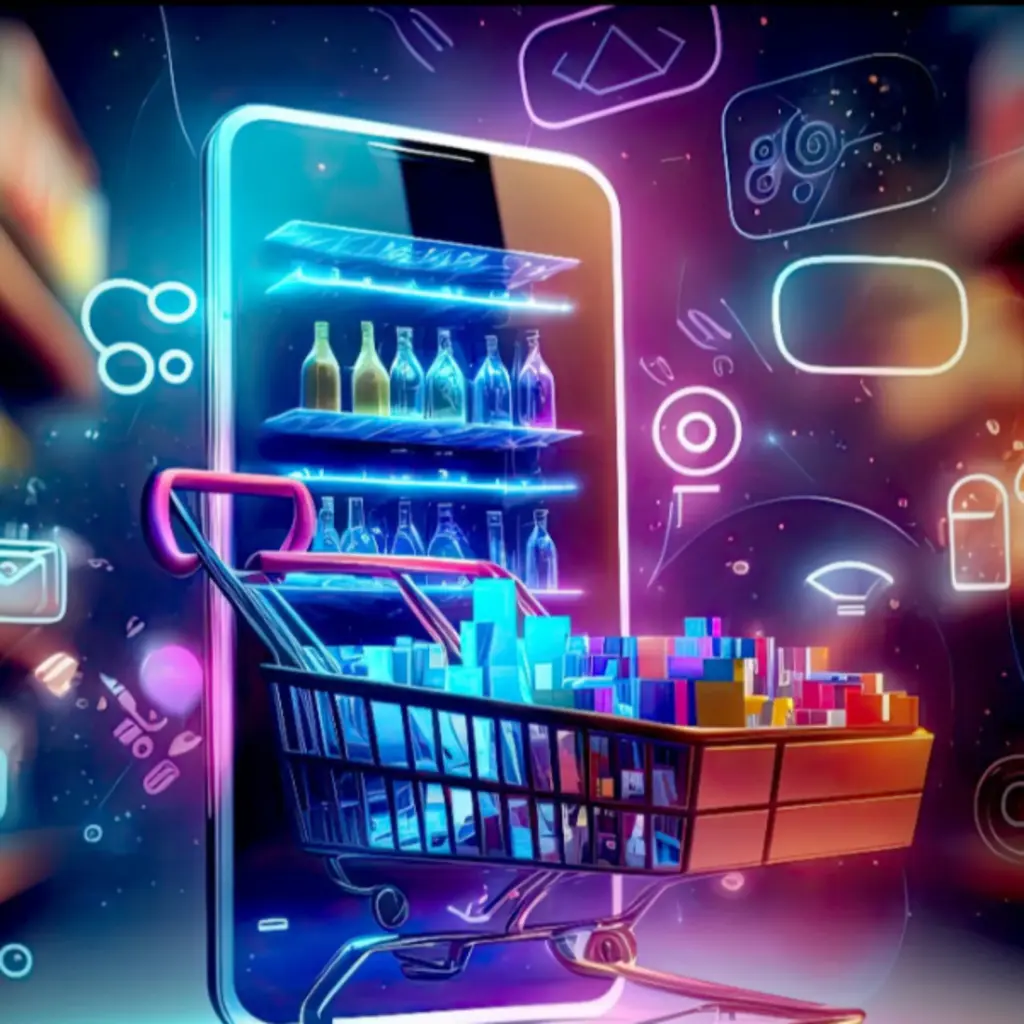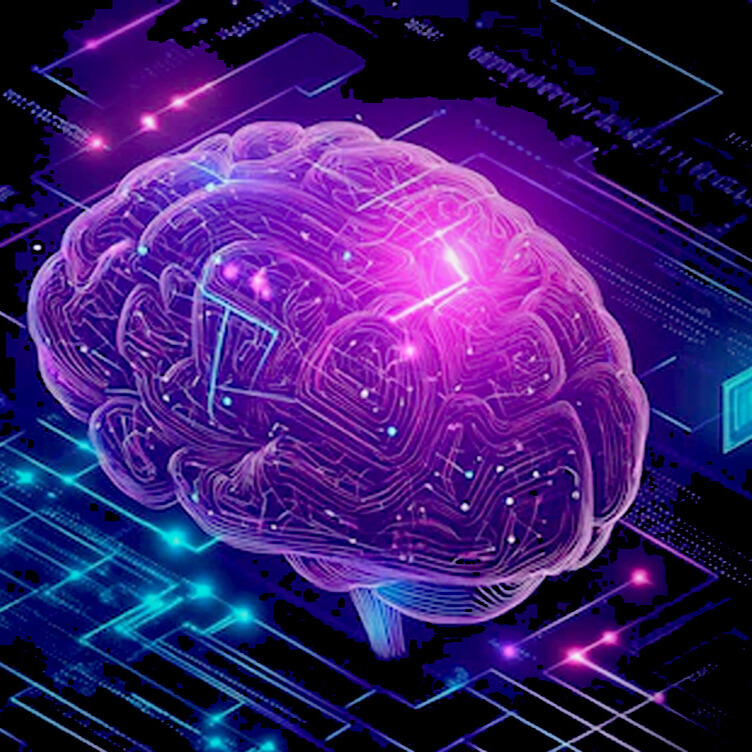With the advancement of AI technology, 48% of marketing leaders have witnessed a notable increase in the integration of AI within marketing strategies. Additionally, 51% of e-commerce firms leverage AI for seamless experiences, while 64% of B2B marketers recognize its value within their strategies.
While the essence of AI is widely understood, this blog delves into the intricate ways marketers and AI collaborate to unlock new levels of success.
Top 3 Ways Marketers and AI Collaborate
1. Personalized customer experience
AI excels in decoding patterns that assist marketers in understanding complex consumer behavior and make informed decisions to increase personalization. With AI-led insights, marketers can enhance personalized recommendations, predict future actions, adapt to evolving trends, segment audiences, and empower businesses with highly-optimized and specific strategies in sync with their objectives.
2. Campaign optimization
While tech giants such as Google and Facebook offer optimization tools, AI takes campaign management to the next level by consolidating and processing data and offering real-time insights from first-party data.
Additionally, AI can help marketers with keyword research and consolidation, saving a significant portion of their time. It can also be used as a research tool when first-party data is unavailable. Finally, AI can be used as a fraud detection tool, enabling companies to maintain brand safety.
3. Content creation
The best part about Generative AI is its ability to generate unique content from scratch. From generating content for every touchpoint, to assessing customer pain points, and generating visual content, to generating endless content ideas within minutes, AI has been a game changer in marketing.
Furthermore, AI is also beneficial in doing research which saves marketers time and energy. This accelerates the content creation process and enables marketers to create content at scale.
7 Key Points for Effective Collaboration between Marketers and AI

- Continuous Learning: Marketers should invest in decoding AI’s capabilities via experimentation and follow the emerging trends to harness AI’s potential effectively.. One way to do this is by building AI-powered products that elevate customer experience and engagement, resulting in lower churn rates and higher revenue.
- Human Interpretation: While AI provides insights, human judgment is irreplaceable for interpreting complex nuances and making strategic decisions. While AI technologies have made significant advancements in data analysis, pattern recognition, and prediction, they are not a substitute for the unique qualities of human judgment.
- Ethical considerations: Marketers should be well-versed with AI-related ethical concerns such as data privacy, transparency, and fairness. It’s important to ensure that AI-driven marketing practices adhere to industry regulations and ethical standards.
- Adaptability: The marketing landscape evolves rapidly. Marketers should remain open to embracing new AI tools and methodologies to stay competitive.
- Data Management: Effective collaboration requires clean, accurate data. Marketers should ensure data quality and security for AI to produce meaningful insights.
- Continuous experimentation: Marketers should leverage AI to design A/B tests and experiments to assess the impact of AI-driven strategies on marketing campaigns.
- Documentation: As with any marketing initiative, it’s important to document AI-powered initiatives to keep a tab of learnings. It is also helpful for training and onboarding new members, knowledge sharing within the teams, and effective experimentation.
Maximizing Marketing Impact through AI Collaboration
AI serves as a force multiplier, allowing marketers to focus on creative strategy, relationship-building, and innovation. Incorporating AI into marketing doesn’t entail replacing human creativity; rather, it entails enhancing it.
The coalescence of marketers and AI promises a dynamic synergy that can reshape the marketing landscape. By leveraging AI’s capabilities, marketers can enhance hiring processes, deliver personalized experiences, mine and analyze data effectively, optimize campaigns, and expedite content creation.
In this era defined by rapid technological advancement, the fundamental message remains evident: AI is not a sideline player; it’s a strategic partner. Marketers who harness AI’s potential are better positioned to create efficient, effective, and customer-centric marketing strategies. As we move forward, embracing AI as a collaborative ally will be the cornerstone of a new era of marketing excellence.



















